Inside Gazprom, the state within a state: The Russian energy giant that extends Putin’s power
The war in Ukraine has put the spotlight on the gas goliath that plays an outsized role in European affairs, reports Borzou Daragahi

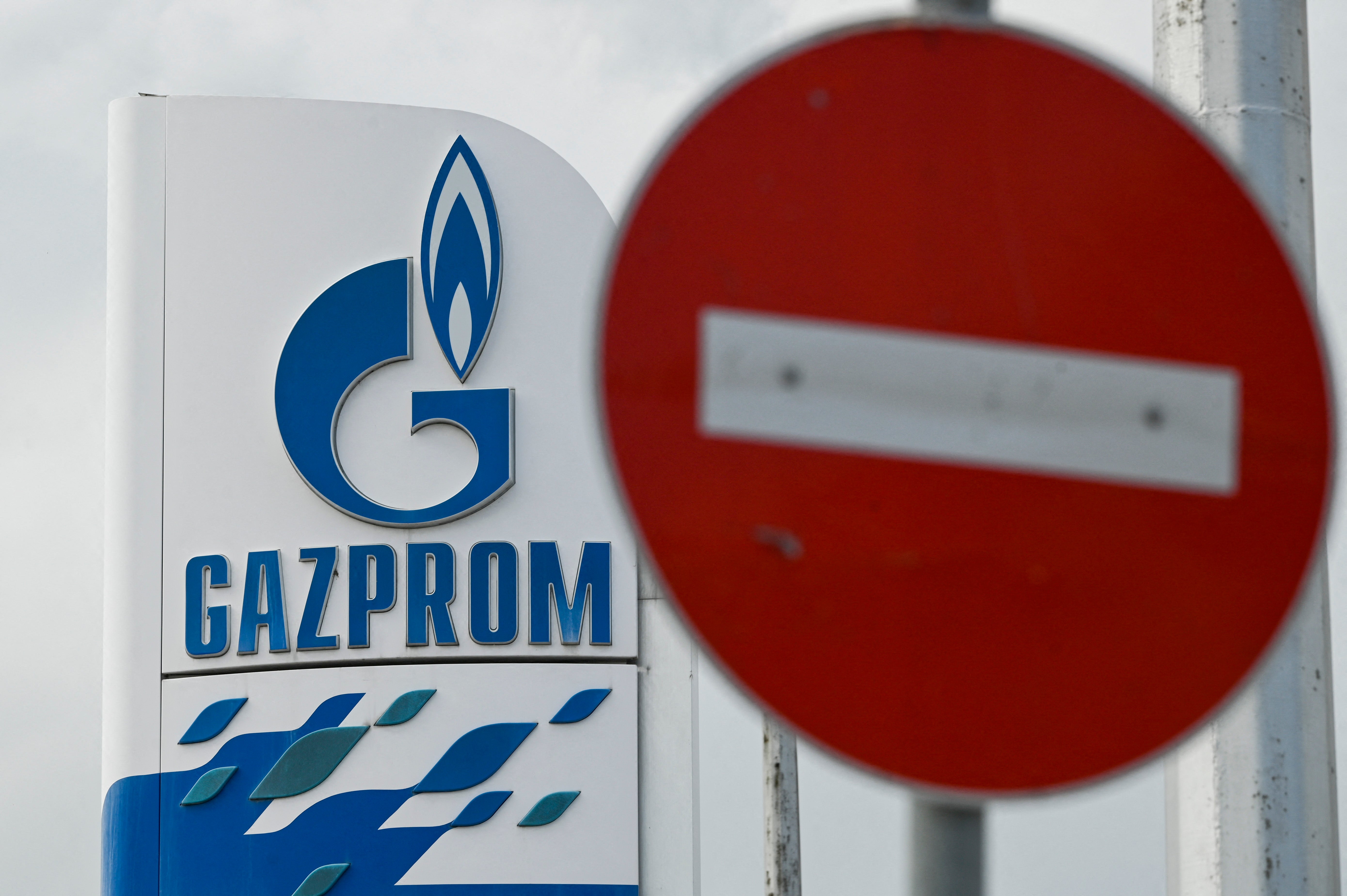
He knew that Russia was pushing hard to promote the gas pipeline network it sought to build across Europe. But the American diplomat learnt the extent of Moscow’s willingness to bully other countries when he met with an eastern European leader after lunch during a visit some years ago.
He was attempting to convince the leader back in 2007 to forgo gas from Russia’s Gazprom in favour of an American-backed option. The European leader replied warily that he could not afford to upset Moscow and its giant state-owned energy provider, Gazprom.
“He said that he wanted me to understand that he felt threatened for his own political survival and his own citizens’ wellbeing, because they have to renegotiate their gas pipeline,” recalls Matthew Bryza, who served as the US Department of State’s deputy assistant secretary for European and Eurasian affairs in the late 2000s.
“He said Gazprom wouldn’t allow the European pipeline,” Bryza continues, referring to one of several plans to provide eastern Europe with non-Russian gas. “And the result of defying it will be that their citizens could freeze and die, and that would be the end of his government, and there will be a political crisis.”
This week, Gazprom’s outsized role in European affairs was highlighted after it cut off gas supplies to Poland and Bulgaria. Warsaw and Sofia had refused to abide by Vladimir Putin’s demand that they pay their bills in Russian roubles, in what would be a violation of EU sanctions on Moscow over its invasion of Ukraine.
European leaders scrambled to make up for the sudden shortfall, condemned Russia’s move, and vowed to reduce their countries’ dependence on Russian oil and gas. “It comes as no surprise that the Kremlin uses fossil fuels to try to blackmail us,” said EU Commission president Ursula von der Leyen.
“The era of Russian fossil fuel in Europe is coming to an end,” she declared.
Conspiracy theorists – frequently boosted by Kremlin media outlets – often attribute major world events to the secret machinations of giant energy companies seeking to build pipelines and maximise profits.
But there is perhaps no better example in world history of an energy company seeking to influence political power than Gazprom, a sprawling state-controlled holding company with dozens of subsidiaries, half a million employees, and tentacles across the world.
Gazprom serves as a slush fund, and it is a tool of coercive diplomacy
From wholly owned gas providers in former Soviet lands such as Armenia and Belarus, and partially owned partnerships as far afield as Nigeria, to trading firms and business offices in the UK, the Netherlands and the Cayman Islands, Gazprom has been described repeatedly by industry insiders as “a state within a state”.
“Gazprom has never been a normal company,” says Claudia Kemfert, an energy expert focusing on the Russian energy industry at the German Institute for Economic Research in Berlin. “It has always been a state-owned company with geopolitical interests.”
Several former employees and executives have countered that the company is also a humdrum energy firm dedicated to maximising profits. It has a website that details its financial holdings. It touts its charitable doings. Its CEO, Alexey Miller, celebrates female employees on International Women’s Day.
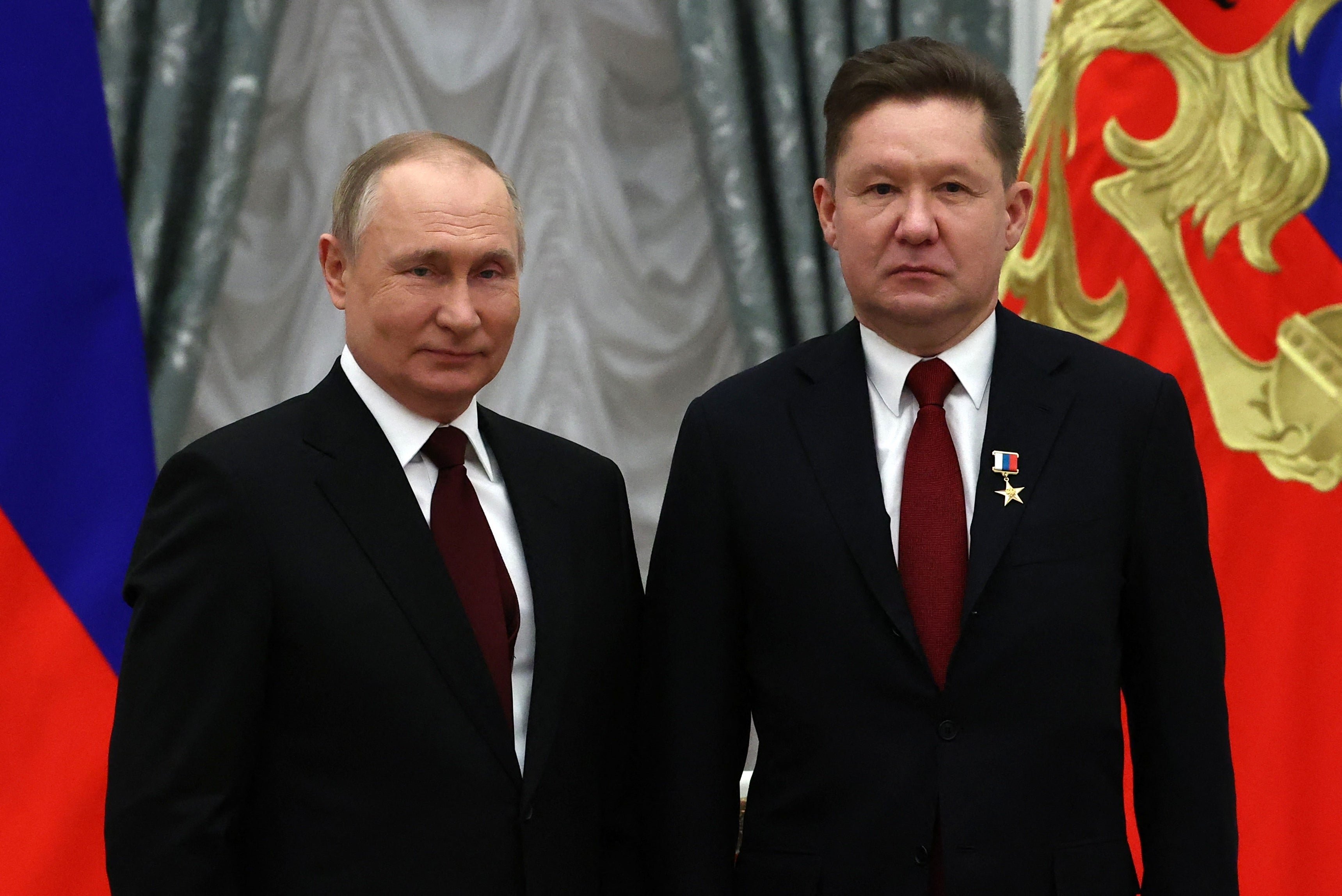
“Our large company works like clockwork, reaching new heights,” he wrote this year. “A huge role in this belongs, of course, to you – women.”
Gazprom did not respond to an interview request from The Independent.
During a meeting some years ago, the late Russian energy minister Sergei Shmatko insisted to a visiting diplomat that the west had Gazprom all wrong.
“Do you really think that Russia uses energy as a weapon?” the diplomat recalled him saying. “No, we just want to make as much money as possible.”
But there is another side to Gazprom, and its twists and turns are often worthy of a spy novel. In one recent and particularly dark chapter, four current and former Gazprom officials – along with a further Russian energy official – died under mysterious circumstances over the course of several weeks, in the build-up to, and aftermath of, the Ukraine invasion.
In two cases, the executives’ wives and children, in Moscow and a Spanish resort town, were also discovered gruesomely hacked to death.
“It’s crazy,” one former senior western official specialising in gas and oil, speaking on condition of anonymity, says of the deaths, which have been provisionally described as suicides but remain under investigation. “Obviously it’s weird and unusual, to say the least.”
Gazprom, the world’s largest state-controlled energy company, is the reincarnation of the former Soviet Union’s ministry of gas. During the 1990s, after the Soviet Union’s collapse, its shares were floated on capital markets and pieces of the company were sold off to private sector oligarchs.
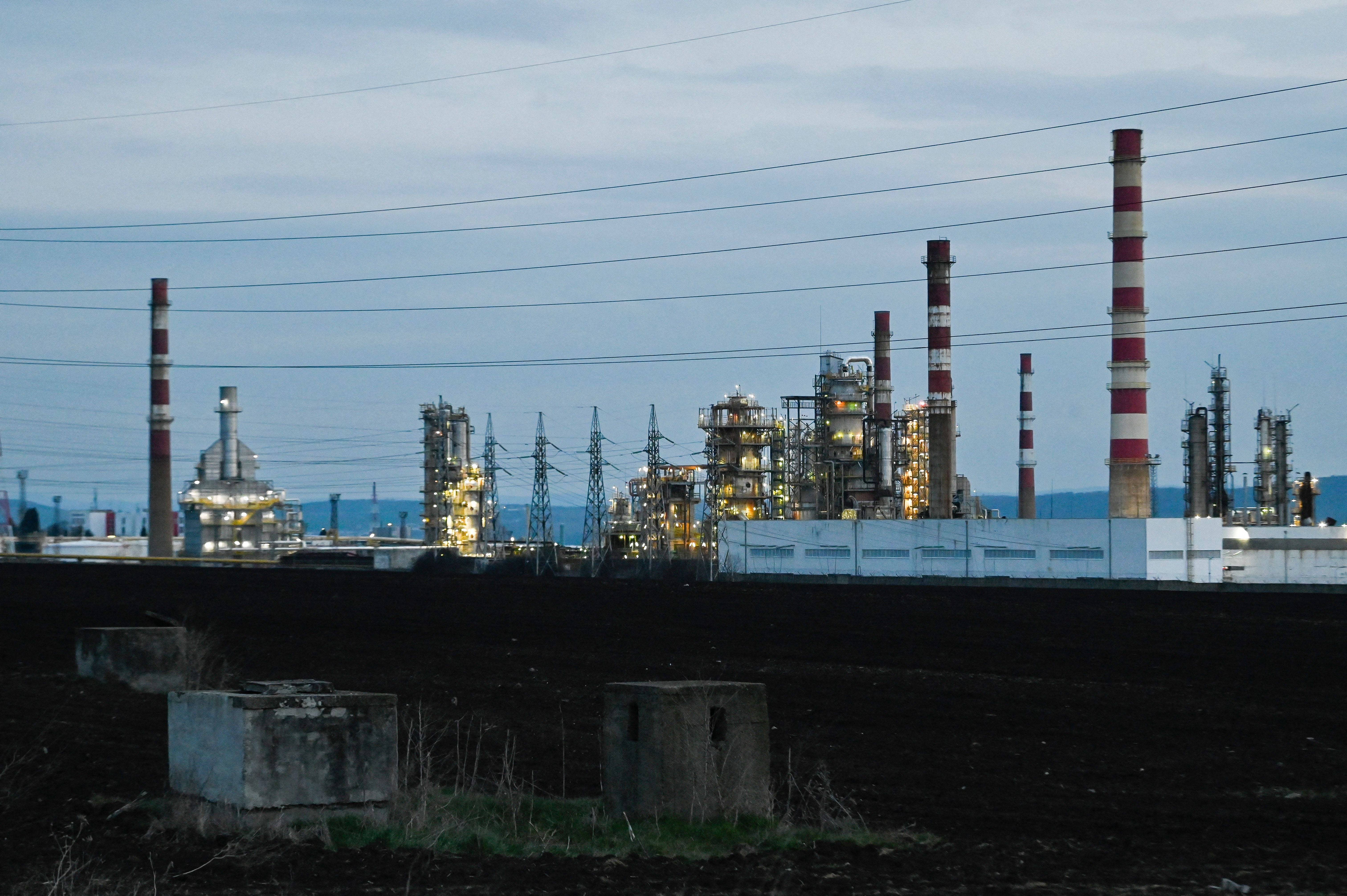
But Putin, a former KGB operative who mourned the death of the Soviet empire, clawed back control of the company as he consolidated his hold over Russia while rising to power in the late 1990s.
By 2003, plans to break up Gazprom and turn its parts into smaller competitive units were scrapped. Putin’s siloviki, the former and current security men around him, took up key positions in the company.
In 2021, the St Petersburg-based firm boasted record revenues of $90.5bn (£72bn), and a record net profit of $29bn for the year.
Power and politics, as well as geology, engineering and logistics, have long played a crucial role in the global energy industry. But in a business rife with back-room political power plays, questionable ethics and corruption, Gazprom remains an outlier, according to industry experts.
“It serves as a slush fund, and it is a tool of coercive diplomacy,” says Bryza.
As with Poland and Bulgaria this week, Gazprom has rarely been squeamish about throwing its weight around. Since the dissolution of the Soviet Union, it has been a key instrument for maintaining influence in what Moscow calls its “near abroad” – countries such as Ukraine, Georgia, and former Soviet satellite states of eastern and central Europe.
In 2006, two years after a popular Orange-themed uprising in Ukraine ousted a pro-Kremlin ruler, Gazprom shut off a major pipeline that was providing energy to much of Europe over what it described as a financial dispute with Kyiv, which it accused of syphoning off gas.
Among the countries that saw gas supplies plunge to zero were Bosnia and Herzegovina, Croatia, and Serbia. Germany, France, Austria and Hungary were also badly affected.
While Gazprom claims its sole aim is to maximise profit, many of its business arrangements appear to make little commercial sense. Its appointments and purchases frequently appear to be geared towards building influence for the Kremlin rather than rewarding shareholders or increasing profits.
That includes the hiring of former German chancellor Gerhard Schroder, a career politician who had little experience in the energy industry but was a key player in helping build up his nation’s dependency on cheap gas. First he became chair of Gazprom’s now-suspended Nord Stream 2 pipeline project, and earlier this year he was nominated to join the company’s board of directors.
“This was a political decision,” says one industry insider, speaking on condition of anonymity. “There was no other motivation to hire him.”
Gazprom transports free gas to the breakaway pro-Russian Moldovan region of Transnistria, which sells much of it on to Moldova.
But although Moldova pays a Transnistria-controlled firm for the gas, the enclave does not pay back Gazprom, and over the years the unpaid bill has totalled more than $7bn, based on court filings by Gazprom officials cited in news reports.
Nevertheless, the gas continues to flow.
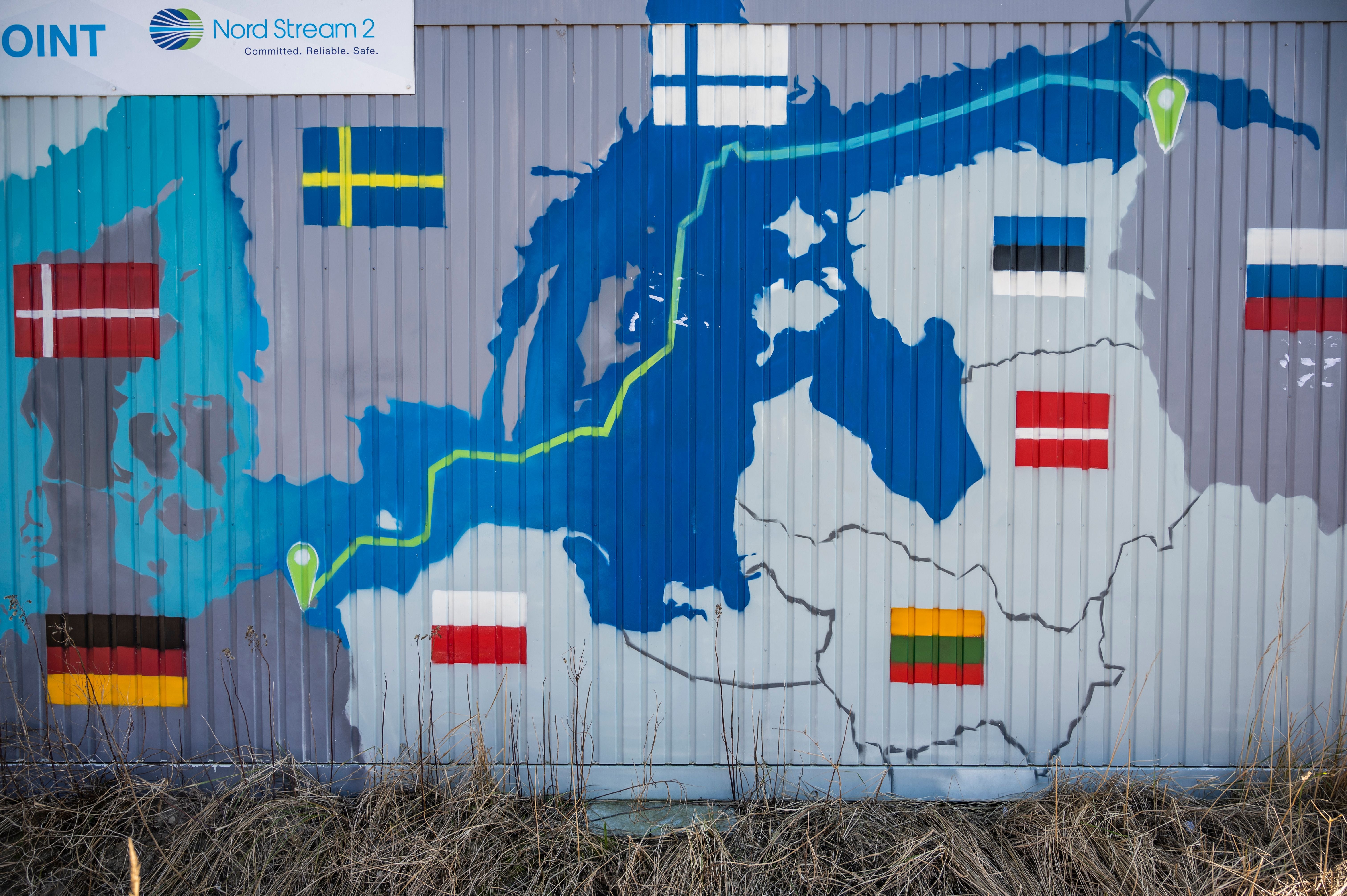
According to a leaked 2012 state department cable published by Wikileaks, the prices Gazprom charged impoverished countries such as Ukraine and Moldova were 40 to 50 per cent higher than those it charged richer western European countries. Gazprom also charged Bulgaria, the EU’s poorest member, far more for gas than it did Germany.
Russia watchers describe these price disparities as attempts to divide and conquer European countries, forcing more vulnerable ones to buckle to Kremlin demands while gaining more favourable treatment from the wealthier nations in respect of sanctions.
Those countries that bow to Moscow’s will are rewarded with cheap gas. They include Hungary, where Viktor Orban has defied EU and Nato demands to take a tougher line against Russia and won re-election last month on a platform that included lower energy bills.
Serbia, which acts as Russia’s de facto gendarme in the Balkans, has been a recipient of Gazprom’s largesse, including gas for the bargain price of $270 per 1,000 cubic metres – a quarter of the market price.
“We have contributed to the development of the Serbian energy industry in an incredible way,” says Nadezda Kokotovic, director of think tank the Brussels Energy Club and a former long-time Gazprom employee.
“Gazprom made the Serbian industry competitive with large European companies. They invested a lot in Serbia.”
The now-suspended Nord Stream II pipeline that was meant to provide Russian gas to western Europe also made little financial sense, because its investment costs far exceeded its profitability at a time when much of the world was seeking to diversify its energy supplies and move away from fossil fuels, according to a report compiled by the German Institute for Economic Research.
Despite the EU’s defiance in the face of Russian demands this week, Moscow’s tactics often work. Though Gazprom cut off Poland and Bulgaria on Wednesday for refusing to violate sanctions and pay gas bills in roubles, several European gas buyers – including Greece – have reportedly agreed to do so.
When America’s ExxonMobil, Britain’s BP or France’s Total make ethical, environmental or commercial missteps, they are held to account by shareholders, politicians or the courts.
Gazprom, in one example, has been accused of excessive flaring at fields that have damaged the livelihoods and health of the indigenous Yamal people, who have long lived in the arctic region where the gas is extracted.
But fines and court orders have failed to change Gazprom’s behaviour. Gazprom appears to answer only to Putin. In fact, Miller, its long-time CEO, is among the small clique of confidantes with whom Putin collaborated in 1990s St Petersburg. Miller remains steadfastly loyal to Russia’s ruler.
“Today, like never before, it is important to remain committed to the common cause, to rally around our president,” Miller was quoted as saying on 17 March, as Russia was coming under sanctions and international pressure over its invasion of Ukraine.
In addition to energy, Gazprom plays a major domestic role in Russia as a provider of jobs and patronage. It owns two major football clubs as well as the largest media company in Russia, with control over half a dozen television channels, radio stations and websites.
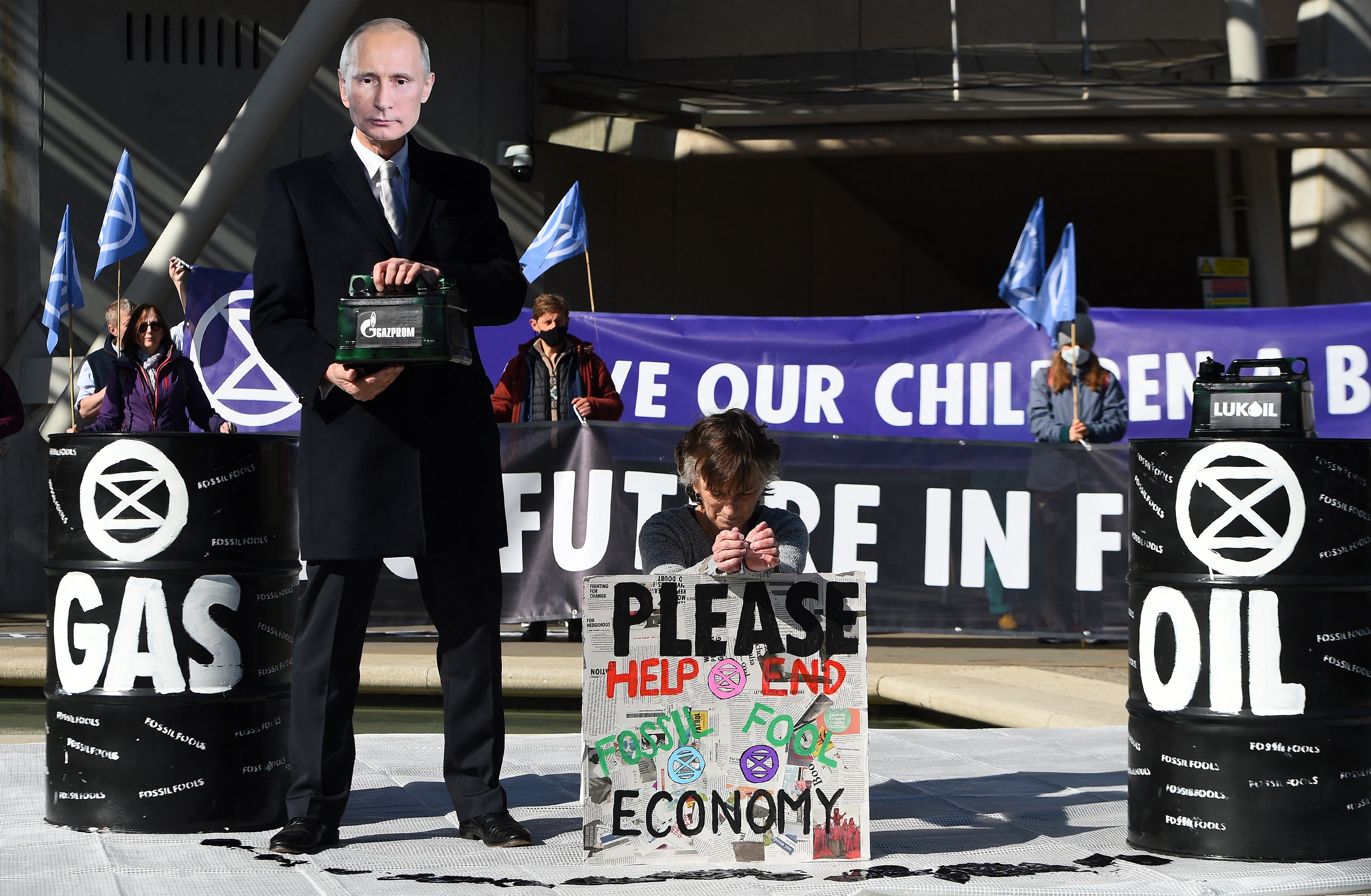
What’s more, it contributes to the social peace by sending cheap gas to impoverished and restless regions of the country, sometimes allowing arrears to build up.
“Gazprom has a very important social role because of its budget revenues, and because of its contribution to social development projects,” says Kokotovic. “Until 30 years ago, it was a state entity, and it is still considered a branch of state power.”
Norway, Qatar and Algeria, too, operate state-owned firms that sell natural gas. But they have rarely, if ever, been accused of seeking to use supplies as blunt instruments of political coercion. Even as they buy from Gazprom, western nations would be loath to allow a company with its lack of transparency and accountability to operate under their own jurisdictions.
“Gazprom tries to create a good image,” says one industry insider. “But there’s a different side to Gazprom. It’s just a tool; all the connections it has made are more like a toolbox.”
The recent sudden, unprecedented and mysterious deaths of former and current Gazprom and energy officials have perplexed those associated with the company – and raised new questions about its corporate culture.
Those who died included Leonid Shulman, a 60-year-old Gazprom official, who was found dead with stab wounds to his wrist in late January at a high-security luxury compound near St Petersburg.
Alexander Tyulyakov, 61, another former Gazprom official, was found hanged in his garage at the same St Petersburg compound on 25 February.
Also in late February, Ukrainian-born Russian Mikhail Watford, 66, a former oil and gas tycoon, was found hanged in his garage at his home in Surrey, England.
Vladimir Avayev, 51, a former vice-president of Gazprombank and a current energy company executive, was found dead along with his wife and 13-year-old daughter on 18 April in their Moscow apartment, in what Russian police claimed was a murder-suicide.
Two days later, Spanish police found the bodies of former Russian gas firm executive Sergey Protosenya, his wife, and their 18-year-old daughter in their villa in the coastal town of Lloret de Mar.
There has been no explanation so far as to why so many former and current Russian energy officials have wound up dead of unnatural causes.
Yet another former Gazprombank official, Igor Volobuev, fled Russia to join the Ukrainian war effort against Moscow. In an interview with a Russian publication, The Insider, he said he doubted Avayev or Protosenya had killed themselves or their families, although he provided no evidence for his doubts.
“I don’t believe he was capable of killing his wife and daughter; I think it was staged. Why? It’s difficult to say. Maybe he knew something and posed some kind of danger,” Volobuev told the publication.
Kemfert attributes the timing of the Ukraine war, as well as the mysterious and occasionally bloody rumblings around the company, to the dramatic impending shifts in the west’s energy policies. In future, Gazprom will likely lose influence because of growing pressure to decrease the use of fossil fuels in the face of catastrophic climate change. This month, Germany took control of a local Gazprom subsidiary after the company halted operations.
And while western energy firms have invested billions in alternative energies, the US is speaking seriously about a “Green New Deal” that will be less reliant on fossil fuels, and even the oil-rich Gulf states are building up their solar energy capacities, Gazprom has failed to pivot, even as it claimed in a press release to be “implementing a wide range of initiatives aimed at reducing” its carbon footprint.
“We have a new government in Germany with the Green Party, and they will clearly decide on moving away from fossil fuels,” says Kemfert. “There is a big change, and this whole process is irreversible.”






Join our commenting forum
Join thought-provoking conversations, follow other Independent readers and see their replies
Comments